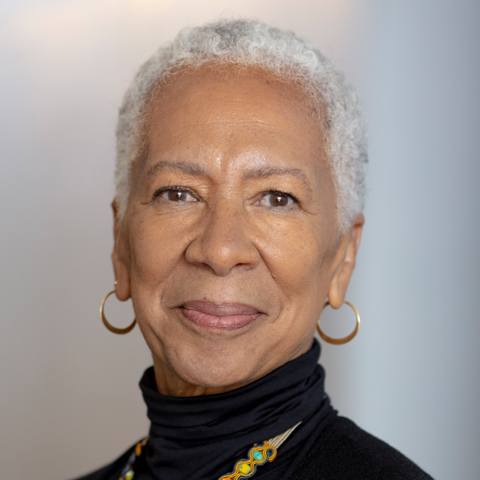Equity is…
Equity is a big, dynamic idea. The field — the universe of people working to create a just, fair society — is blossoming. Reading the provocatively titled blog post, “What the Heck Does Equity Mean?,” by Kris Putnam-Walkerly and Elizabeth Russell, I was struck by two thoughts. First, I am not surprised they found that a universal definition of equity is elusive. Second, I am not concerned.
Rather, I am thrilled to see so many people and organizations embrace the hope of equity and grapple with the complexity of translating that hope into action. I am grateful to see people in philanthropy and beyond search for their own ways to express equity and contribute to a broad-based effort to transform America into a nation in which all can participate, thrive, and succeed.
PolicyLink, the organization I lead, was founded nearly 20 years ago with a mission to advance economic and social equity, and for a long time we didn’t have a concise definition either. But we knew in our bones what equity meant and why it mattered. We saw equity as the antidote to structural racism and social and economic disparities across the nation. We were determined to advance policies to build a fair, inclusive America that delivers on the promise of opportunity for all.
Equity is different from the formal legal equality conferred by landmark laws such as the Civil Rights Act. Equality gives everyone the right to ride on the bus, in any seat they choose. Equity ensures there are bus lines where people need them so they can get to school or the doctor or work. It means policies and investments that grow good jobs and expand entrepreneurship opportunities for low-income people and people of color. It means policies that build human capabilities by upgrading the education and skill of the nation’s diverse workforce. It means policies that dismantle destructive barriers to economic inclusion and civic participation, and build healthy communities of opportunity for all.
